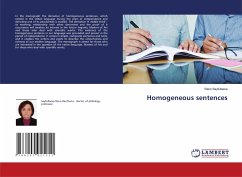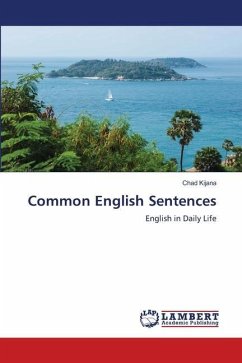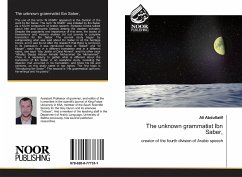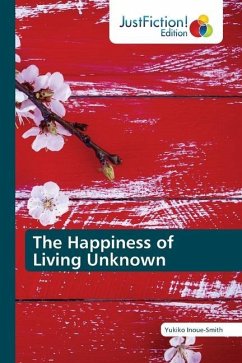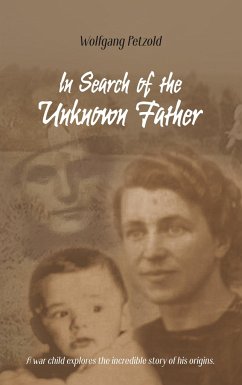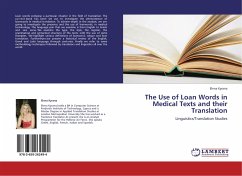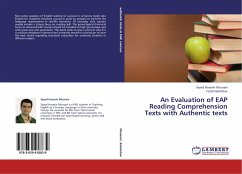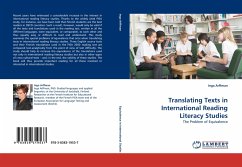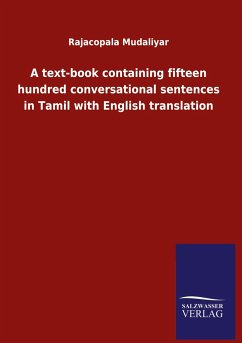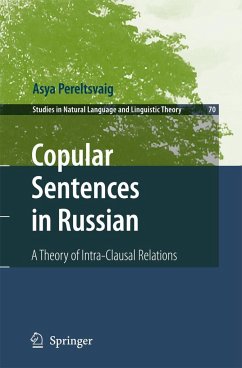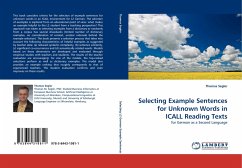
Selecting Example Sentences for Unknown Words in ICALL Reading Texts
for German as a Second Language
Versandkostenfrei!
Sofort lieferbar
52,99 €
inkl. MwSt.

PAYBACK Punkte
26 °P sammeln!
This book considers criteria for the selection of example sentences for unknown words in an ICALL environment for L2 German. The selection of examples is explored from an educational point of view: what makes an example helpful to the L2 student from a teaching perspective? This approach was taken as selecting examples from a dictionary or randomly from a corpus has several drawbacks (limited number of dictionary examples, no consideration of context, unclear rationale behind the example selection). The book presents a selection process that takes into account the following characteristics of ...
This book considers criteria for the selection of example sentences for unknown words in an ICALL environment for L2 German. The selection of examples is explored from an educational point of view: what makes an example helpful to the L2 student from a teaching perspective? This approach was taken as selecting examples from a dictionary or randomly from a corpus has several drawbacks (limited number of dictionary examples, no consideration of context, unclear rationale behind the example selection). The book presents a selection process that takes into account the following characteristics of helpful examples as suggested by teacher data: (a) reduced syntactic complexity, (b) sentence similarity, (c) significant co-occurrences and (d) semantically related words. Models based on these dimensions are developed and evaluated through empirical studies with teachers and students. The results of the teacher evaluation are encouraging: for one of the models, the top-ranked selections perform as well as dictionary examples. The model also provides an example ranking that roughly corresponds to that of experienced teachers. The student evaluation confirms and even improves on these results.



